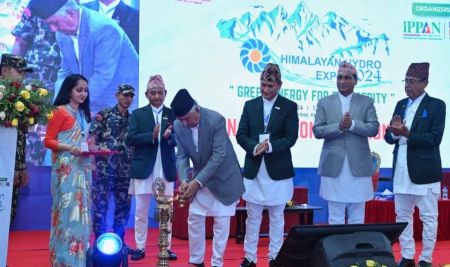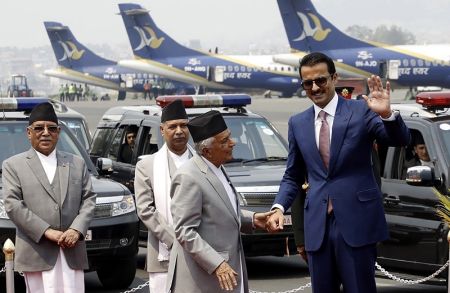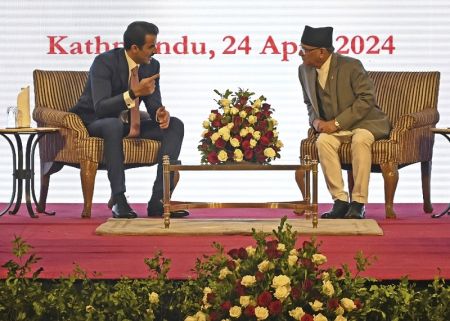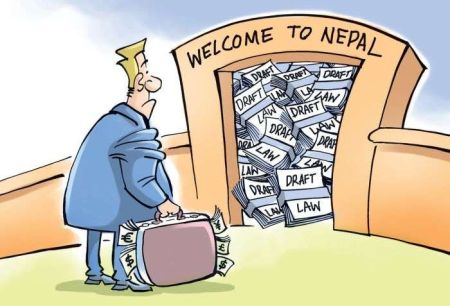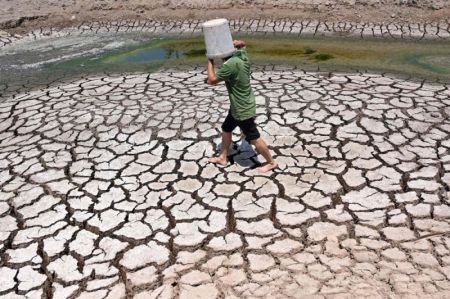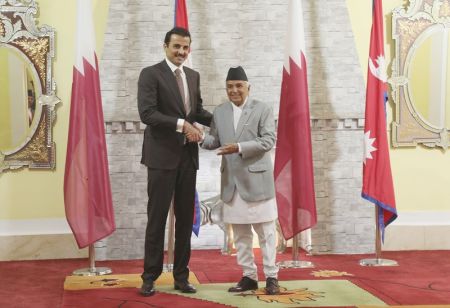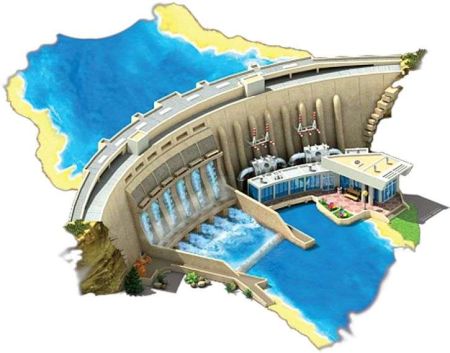April 7: The World Bank has approved a fast-track USD 29 million COVID-19 Emergency Response and Health Systems Preparedness Project to help Nepal prevent, detect, and respond to the COVID-19 pandemic and strengthen its public health preparedness. The agreement to this effect was signed on Tuesday (April 7) by Finance Secretary Sishir Kumar Dhungana and Faris Hadad-Zervos, World Bank’s country manager for Nepal.
A joint press statement issued after the signing of the financing agreement reads that the project is financed from the International Development Association (IDA), the World Bank’s concessional credit window for developing countries, through the World Bank Group’s COVID-19 Fast-Track Facility and will be effective immediately after the signing.
“The project provides emergency support to enhance Nepal’s capacity to detect cases and ensure prompt contact tracing consistent with World Health Organization (WHO) guidelines and Ministry of Health and Population protocols. It will also help set up new intensive care units, beds, and isolation facilities across the country,” says the statement. The project will be implemented by Ministry of Health and Population.
“We are thankful to the World Bank for the response in a record short period of time, which will help Nepal respond to the COVID-19 pandemic and strengthen our capacities to deal with future public health risks,” the statement quoted Finance Secretary Dhungana as saying. He added, “Immediately after the outbreak of COVID-19 in the country, the Government of Nepal has made several arrangements to prevent and address the possible crisis. Due to these measures, the socio-economic activities are going to be affected. Further support is being anticipated from the World Bank to cope with the emerging pandemic situation.”
According to the statement, the project will also equip designated health facilities with personal protective equipment and hygienic materials and increase the diagnostic capacity of laboratories for responding to public health emergencies. It will enhance the National Public Health Laboratory to handle harmful infectious diseases and strengthen public institutions to coordinate and better manage response activities in all three levels of government.
“Given the unprecedented nature of the COVID-19 pandemic, the government’s rapid response will help save lives across Nepal,” the statement quoted Hadad-Zervos of the World Bank, as saying. “The World Bank and its development partners are committed to helping Nepal beef up its health infrastructure and access the resources it needs to fight the spread of COVID-19 and protect the livelihoods of its people,” he said.



